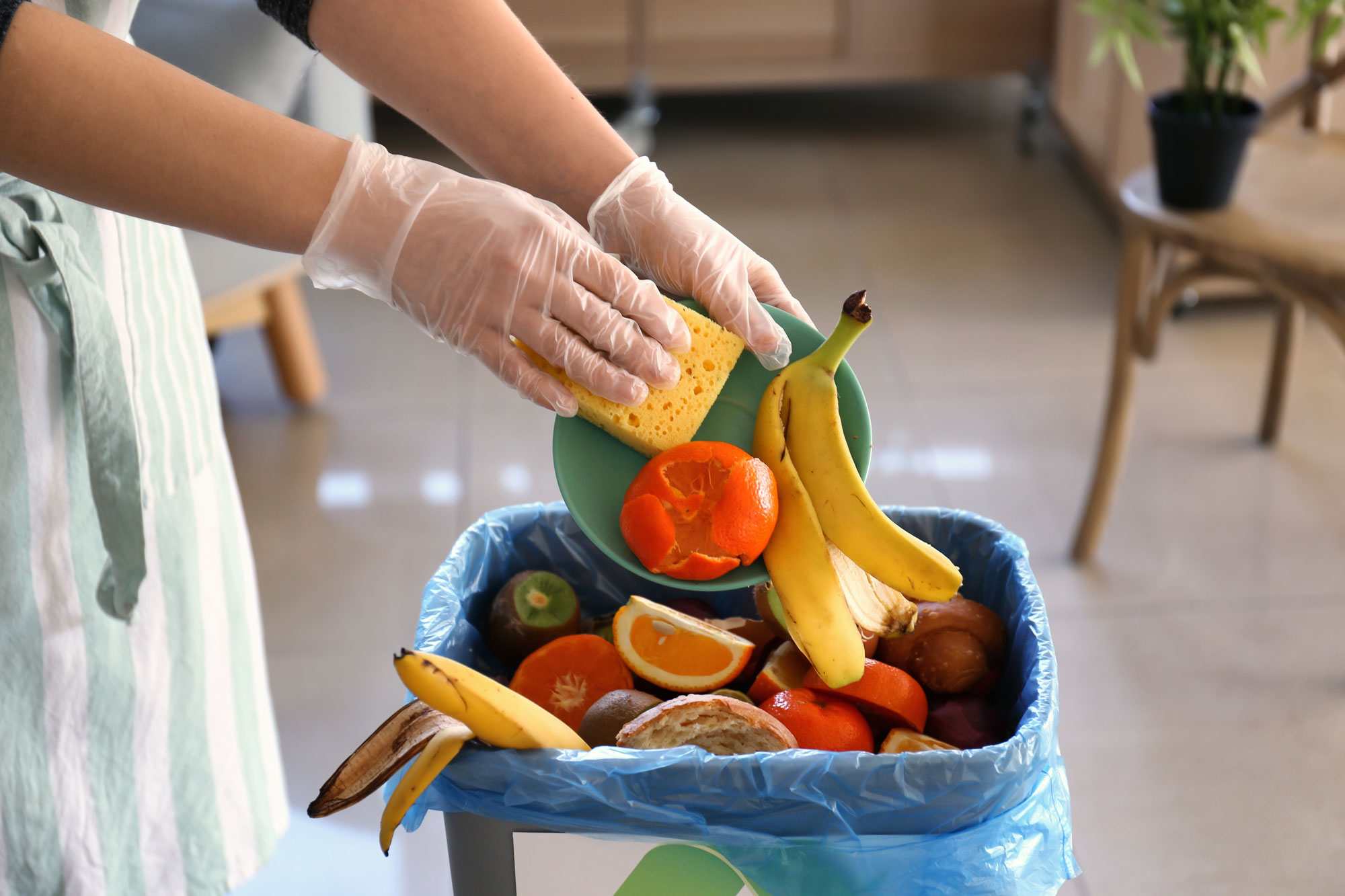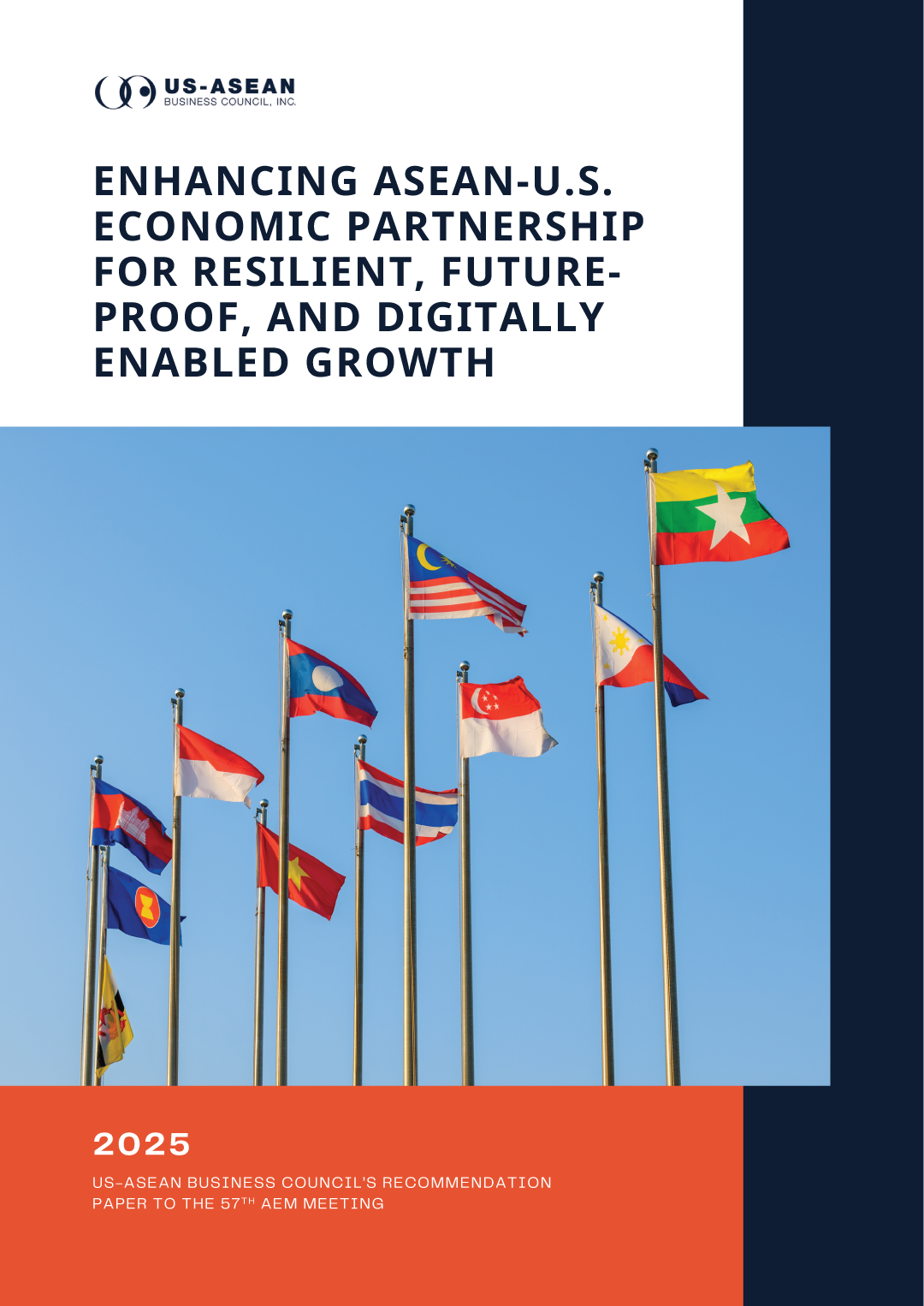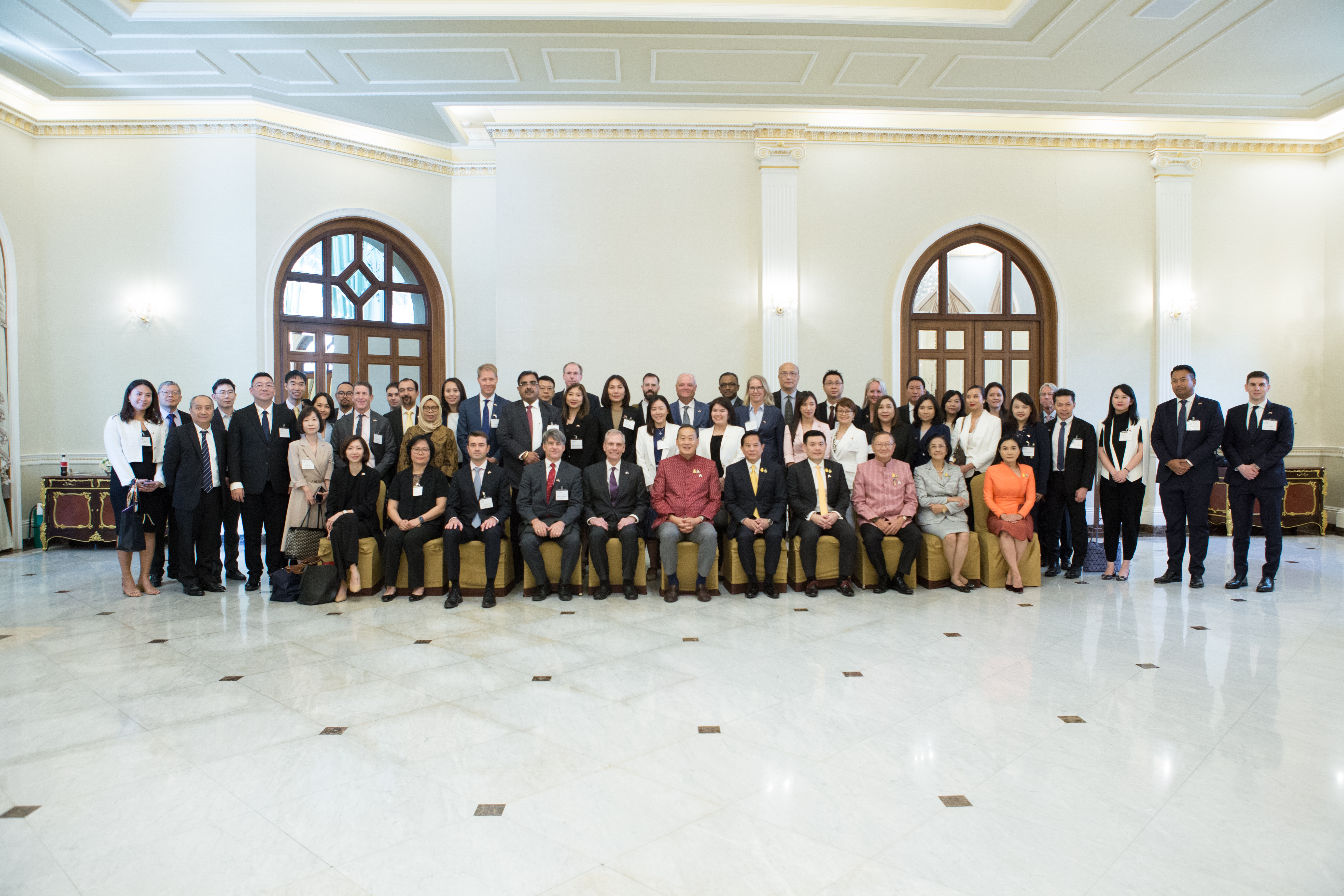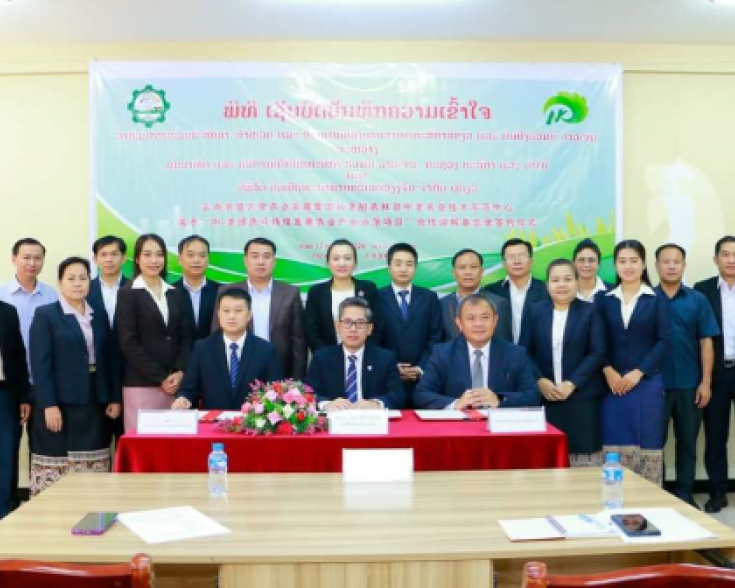Advancements in Food Waste Initiatives: Singapore and Thailand

The Government of Singapore is complementing a new mandate requiring building managers to submit food waste reports to the National Environment Agency (NEA), under Section 27C of the Resource Sustainability Act (RSA). Starting in 2024, Singapore hotels and large building occupiers are mandated to implement food waste segregation and treatment measures. For new buildings with planning approvals submitted on or after January 2021, compliance is mandatory from January 1, 2024. Meanwhile, existing buildings will need to implement these measures starting in the second half of 2025. According to the Singapore Ministry of Sustainability and the Environment, this new requirement aims to incentivize building managers to pursue waste minimization opportunities. This implementation, aligned with Singapore’s Green Plan 2030, is also a step towards a broader circular economy development initiative. The Resource Sustainable Act in Singapore demonstrates how food retailers and hospitality giants are laying the groundwork for industry shift.
The Government of Thailand’s National Food Committee recently approved a comprehensive food waste management roadmap (2023-2030), along with a phase 1 action plan (2023-2027). These roadmaps will serve as a strategic framework for preventing and addressing the food waste issue. The plan emphasizes the importance of altering consumption behaviors to prevent and reduce food waste, the establishment of an efficient food waste disposal system, and the separation of food waste from general waste. According to the Thailand Pollution Control Department, food waste accounts for 64% of total waste in the country. The Deputy Prime Minister has urged all government agencies to collaborate with businesses for sustainable food and nutrition security in both normal and crisis situations.
The Food and Agriculture Organization of the United Nations (FAO) estimated that the region wastes around 50 million metric tons of food each year. As ASEAN countries tackle the food waste crises, the food waste management initiatives in Singapore and Thailand provide workable models that can strengthen private-public partnerships. For instance, a comprehensive framework for food waste management roadmap in Thailand highlights that businesses can begin or scale up current efforts to manage food waste by collaborating with local governments. ASEAN governments are bolstering businesses by investing in training programs and initiatives. These efforts aim to enhance the businesses’ capabilities in providing education on waste segregation, efficient disposal methods, and technologies that promote a circular economy. On a larger scale, such expansion could enhance the efforts of cities seeking to address food waste issues as well as climate change issues in the ASEAN region.









